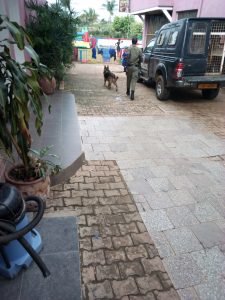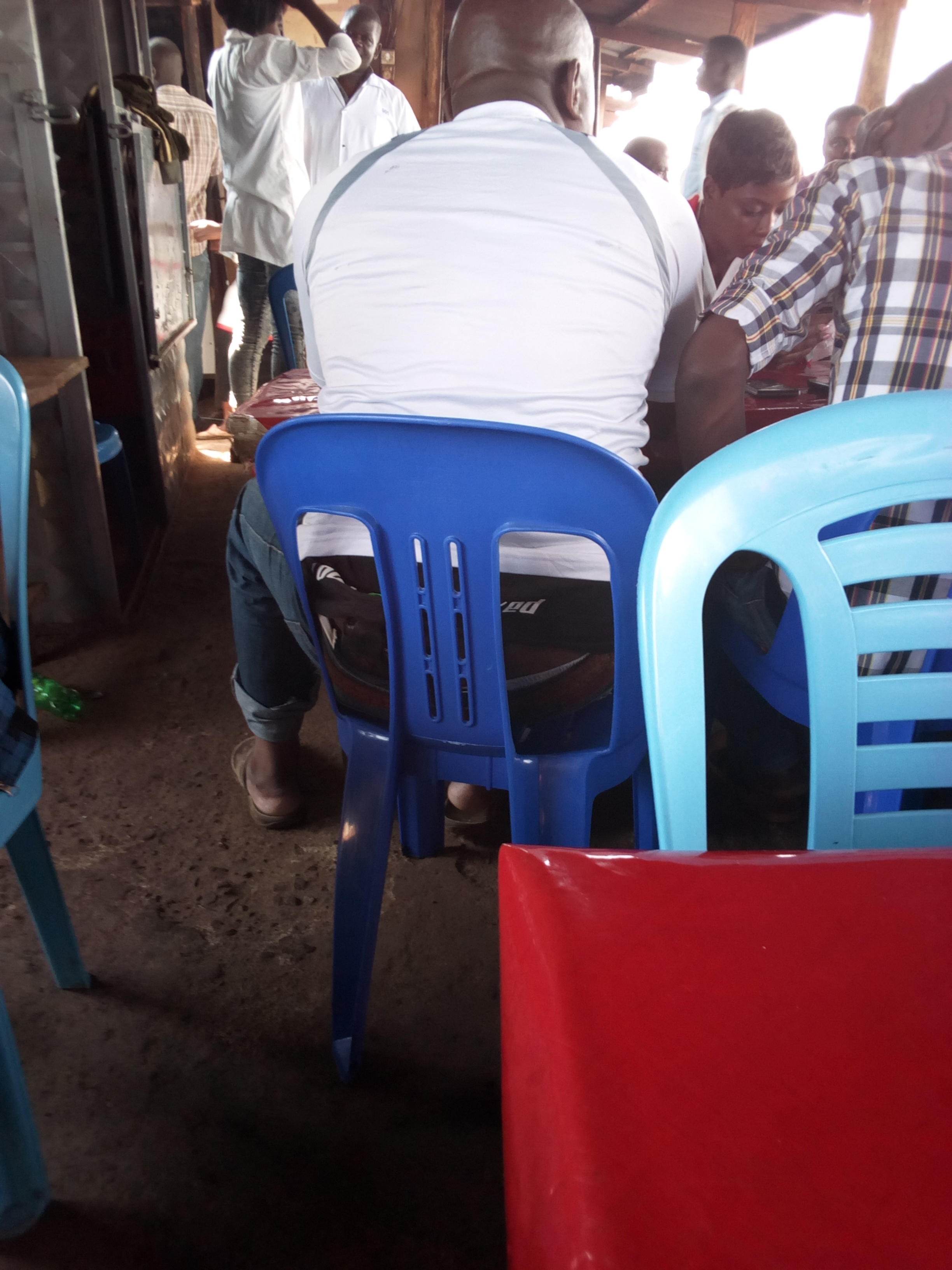Uganda in a world cup final Bomb Scare

Tonight is the World Cup finals. Fortunately, Uganda Police is very much awake.
But some Ugandans had forgotten that it was on such a day that terrorists achieved their mission when they blasted bombs at Ethiopian Village, Kabalagala and Kyadondo Rugby Club, Kampala.
As Ugandans sat to feast on fish at Gaba Beach, one of them had a pistol gaping out of his boxers. They whispered but nobody alerted others.
The snoops, however, knew this was a security operative. What could be deduced from this incident, was that Ugandans did not remember what happened at 2010 world cup finals.

However, at Fusion Auto Spa, as people went about their business, at exactly 4pm, they were sent out so that the police dogs could sniff around. Hope all places are doing it. If your place has not yet done this please do inform them and police immediately.
The July 2010 Kampala attacks were suicide bombings carried out against crowds watching a screening of the 2010 FIFA World Cup Final match at two locations in Kampala, the capital city of Uganda, on 11 July 2010.
The attacks left 74 dead and 71 injured. Al-Shabaab, an Islamist militia based in Somalia that has ties to Al quaeda, claimed responsibility for the blasts as retaliation for Ugandan support for AMISOM. In March 2015, the trial of 13 Kenyan, Ugandan and Tanzanian alleged perpetrators of the bombings began at the High Court of Uganda.
The terrorists targeted fans watching the 2010 World Cup final at a restaurant and a rugby club in Kampala.
Al-Shabab hit Uganda as the country’s army provides the largest number of troops to an African Union force fighting them in Somalia.
The case was brought to court after a major investigation across East Africa, led by the American FBI.
The police Criminal Investigations Directorate and the Directorate of Public Prosecutions (DPP) spent over $500,000 (about Shs 1.8 billion) to investigate and prosecute cases related to the July 11, 2010 twin bombings in Kampala.
The investigations which led to the successful prosecution and conviction of five of the more than 20 initial suspects, was done through an inter-agency security partnership led by the police force.
A special funding was processed by the ministry of Finance to facilitate the entire investigations process that included importing experts from the USA and UK as well as transporting detectives from Uganda to Kenya, Tanzania and Somalia.

